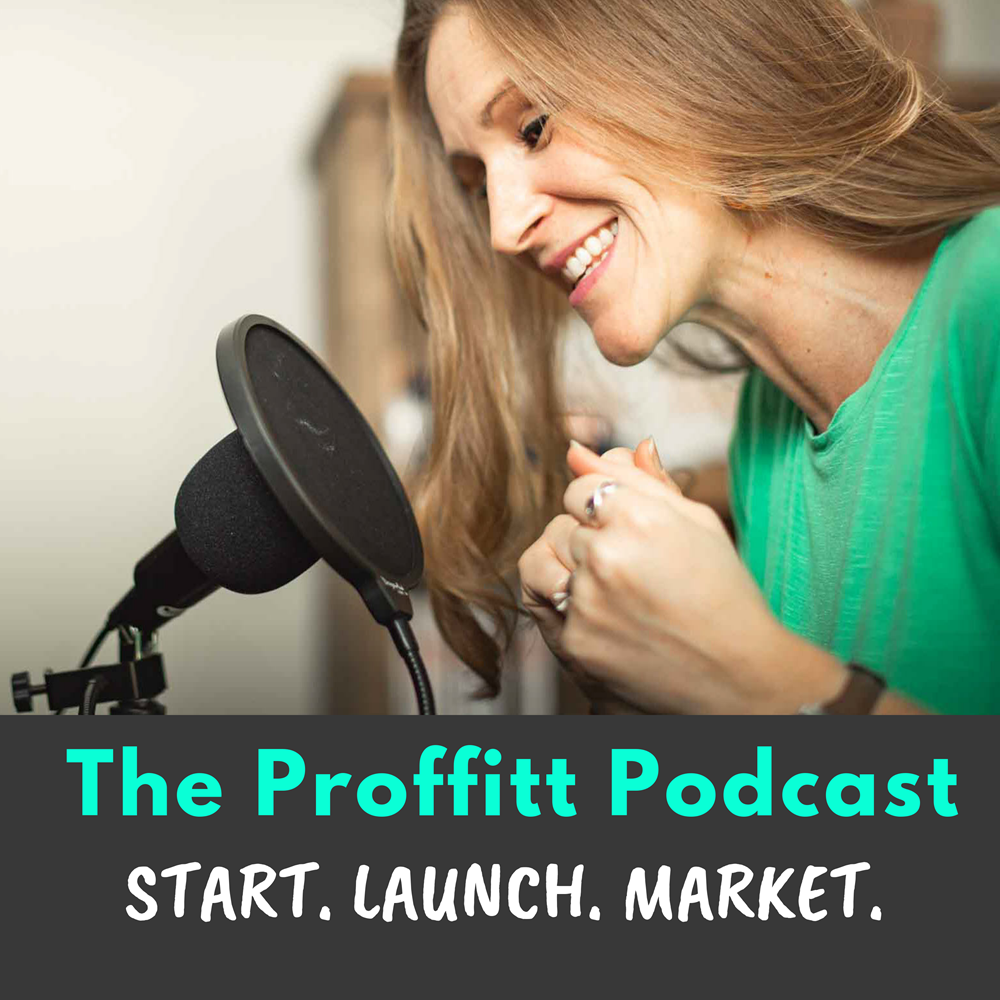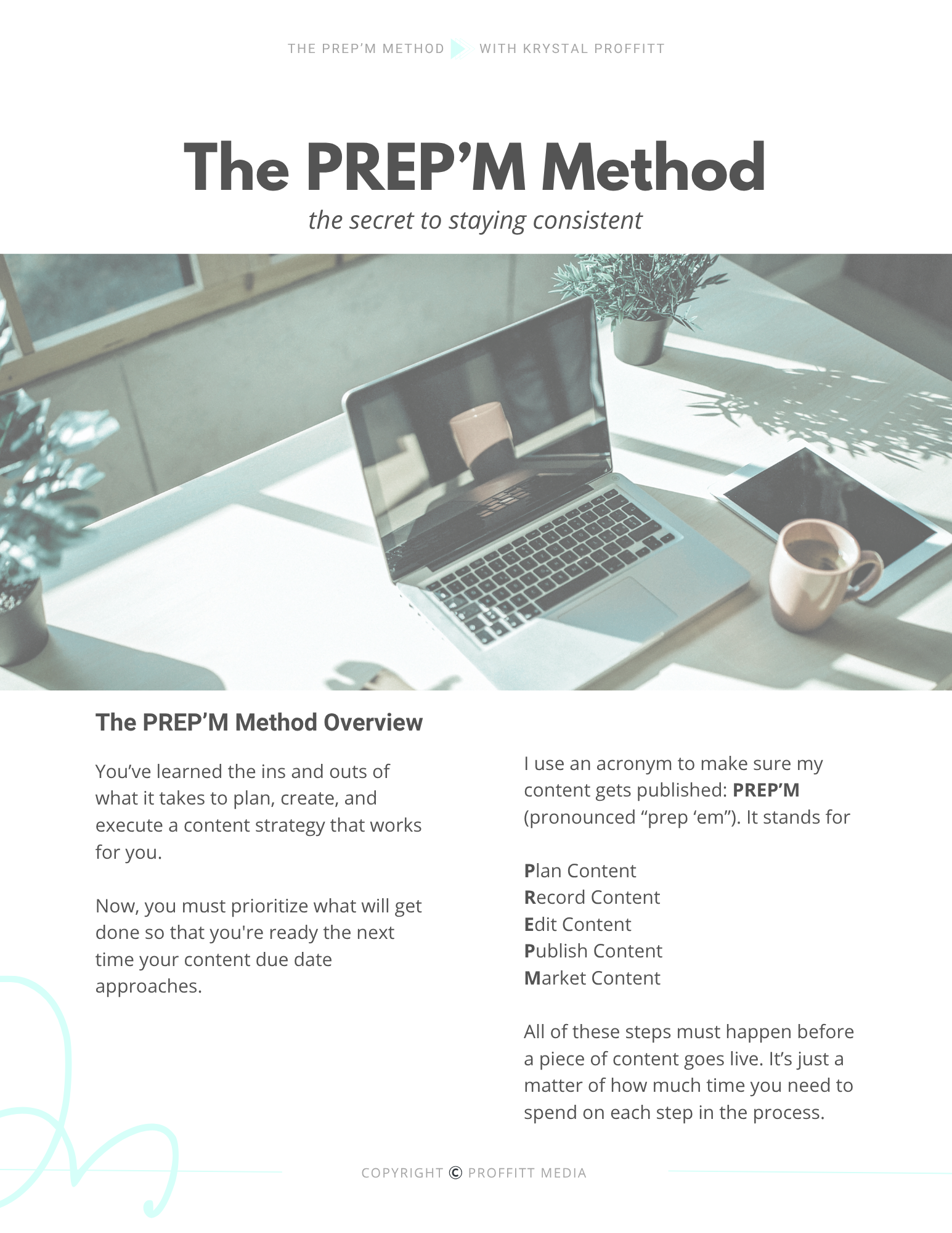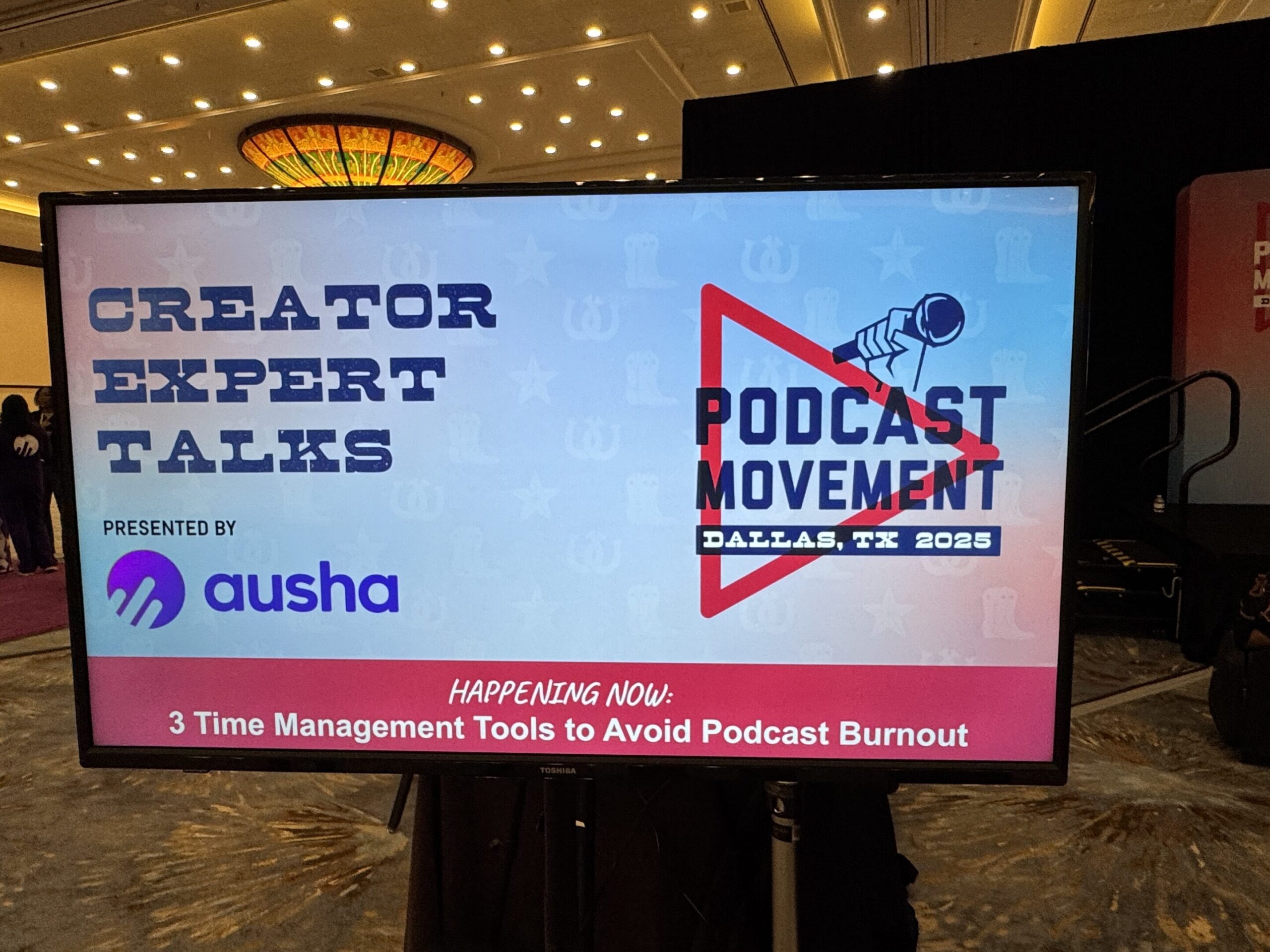Crafting Your Podcast Main Theme: Why It Matters and How to Get It Right
Introduction
I am really excited about today’s episode because we’re diving into a topic I’ve never dedicated a full piece of content to before: your podcast’s main theme. While I’ve touched on this in my digital course, Proffitt Podcasting, and mentioned it in various videos about podcast intros and outros, we’ve never zeroed in on the importance of the main theme itself. So, let’s get right to it.
What is a Podcast Main Theme?
In today’s episode, we’re going to break down what a main theme is for your podcast and why you need one. A main theme is a pre-recorded piece of audio that you insert at the very beginning of an episode or right after the hook. It’s a consistent element that introduces your show, sets the tone, and provides listeners with a quick understanding of what your podcast is about.
Why You Need a Podcast Main Theme
1. Consistency and Branding
A podcast main theme serves as a key branding element. It gives your show a professional touch and makes it instantly recognizable. Just like TV shows have theme songs, your podcast’s main theme helps build a connection with your audience. It’s part of what makes your podcast unique and memorable.
2. Efficiency in Production
One of the main reasons I created my first pre-recorded theme was to avoid saying the same thing over and over again. Repeating the same intro for each episode can become monotonous and time-consuming. By pre-recording your main theme, you streamline your production process and maintain consistency across episodes.
How Long Should a Podcast Main Theme Be?
Your main theme doesn’t need to be long. In fact, shorter is better. My current main theme is 33 seconds, including music and my spoken intro. This keeps it concise and engaging. When I first started, my theme was almost a minute and a half, which was way too long. Listeners often fast-forwarded through it, and it disrupted the flow of the episode.
Tips for Creating Your Podcast Main Theme
1. Keep It Short
Aim for a main theme that is between 15 to 45 seconds. You want it to be long enough to introduce your show but short enough to keep your listeners engaged. If your current theme is too long, consider re-recording it and trimming it down.
2. Call Out Your Audience
Make sure your main theme explicitly states who your podcast is for. For example, my theme mentions that my podcast is for entrepreneurs looking for time-saving shortcuts in podcasting. This helps potential listeners quickly determine if your show is relevant to them.
3. Tell Them Why They Should Listen
Your main theme should give listeners a compelling reason to stick around. Highlight what they can expect to gain from your podcast, whether it’s expert advice, entertainment, or valuable insights. This is similar to your podcast description, but more concise.
Example: Proffitt Podcast Main Theme
Here’s an example of what my main theme includes:
- Introduction Music: A brief, catchy tune that fades in.
- Spoken Intro: “Welcome to the Proffitt Podcast, where we teach entrepreneurs how to start, launch, and market their podcast. I’m your host, Krystal Proffitt, and I’m so excited that you’re here. Thanks for hanging out with me today because if you’ve been trying to figure out the world of podcasting, think of this show as the time-saving shortcut you’ve been looking for.”
- Outro Music: The music fades out as the main content begins.
Why Short and Sweet Works
A concise main theme respects your listeners’ time and keeps them engaged. It also prevents them from developing the habit of fast-forwarding through your intros, which is especially important if you include important announcements or sponsor messages.
Incorporate Feedback and Iterate
If you’re unsure about your main theme’s effectiveness, get feedback from your listeners. You can also test different versions to see which one resonates best. Remember, your main theme can evolve as your podcast grows.
Conclusion
Your podcast’s main theme is a crucial element of your show’s branding and overall listener experience. It helps establish consistency, sets the tone for your episodes, and provides a quick introduction for new listeners. By keeping it short, calling out your audience, and clearly stating why they should listen, you’ll create a compelling and professional main theme that enhances your podcast.
If you’re looking to dive deeper into podcasting strategies, consider checking out Proffitt Podcasting. You can find more information at KrystalProffitt.com/course.
For all the resources mentioned in this episode, visit KrystalProffitt.com/episode267. And if you found this post helpful, please share it on social media and tag me. I’d love to hear about your experiences and what you found most valuable.
As always, keep it up. We all have to start somewhere.




Comments +